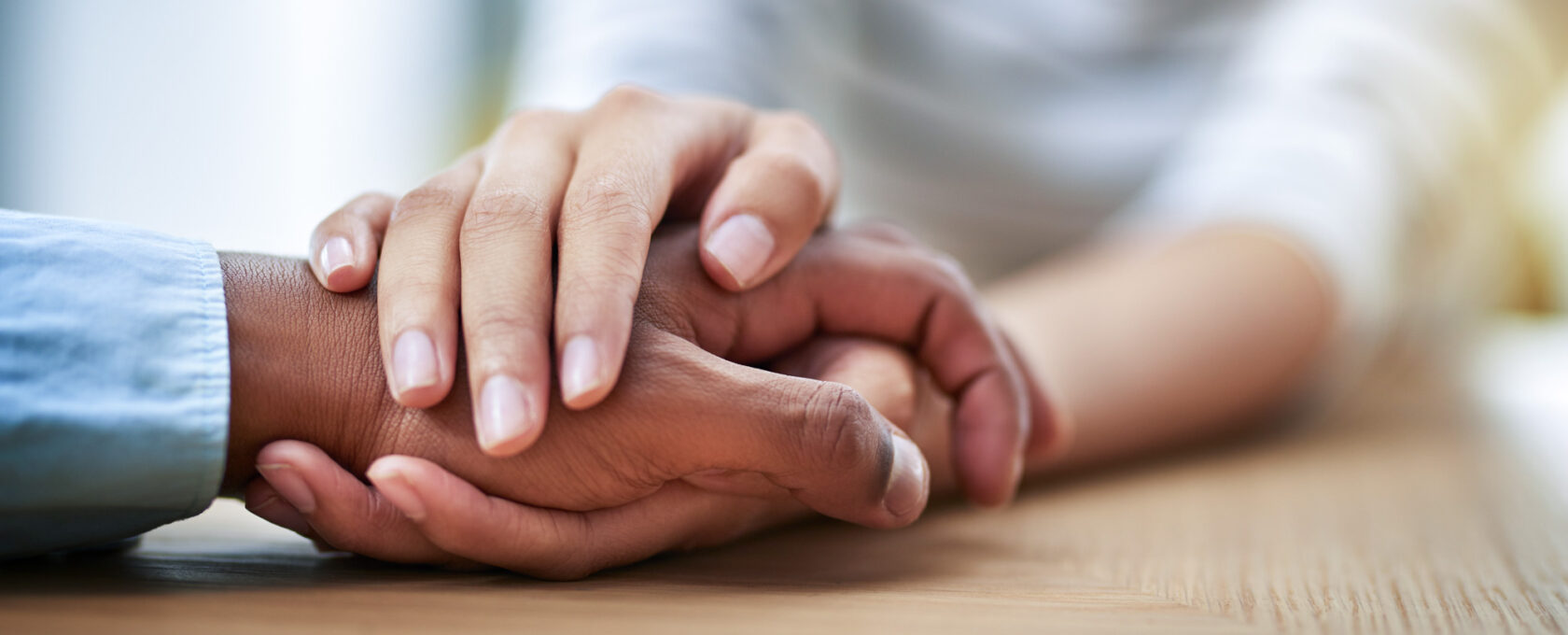Webinar – Do Video Games Help People Connect?
Intent Clinical Webinar – Collegial Conversations with Diana Clark – Do Video Games Help People Connect?
In this week’s Collegial Conversation with Diana Clark is joined by Mike Langlois. Mike has been a psychotherapist for over 25 years to adults, children and adolescents. Mike Langlois wears many hats, from clinical social worker to public speaker to corporate consultant for Fortune 500 companies & non-profits. Today Mike is joining Diana to discuss video gaming, psychotherapy and the impact social networks can have on relationships.
Early adopter, enterprise social media platform co-founder, psychotherapist; Mike Langlois wears many hats, from clinical social worker to public speaker to corporate consultant for Fortune 500 companies & non-profits. Committed to applying principles of play & game design to psychology & education to maximize fun & learning, if you’re looking for an engaging, direct, friendly futurist to help guide you or your organization into a better & more vital place, Mike’s your guy.
Mike’s work focuses on gaming, social media, & psychology, as well as the impact of social networks on relationships. A gamer-affirmative psychotherapist & educator, he’s interested in team-building between the video game industry, consumers & mental health. He wrote a book about it, called Reset: Video Games & Psychotherapy & have conducted workshops at SXSW, PAX East, Harvard University, Boston University, Boston College, SUNY-Buffalo, & dozens of other organizations.
In addition to being a clinician, Mike co-founded the social media company Sparta Social Networks. Sparta is a full-service social media company providing software platforms, hosting, and consultancy. Its clients include such Fortune 500 companies as General Mills, Washington Post, and Citrix. Mike participated in the company from startup to running the present business in many capacities to grow it. He has pitched ideas to clients, helped orchestrate launches, analyzed client needs, kept an eye on marketing trends; wrote press releases, managed budgets and negotiated CEO contracts. Most importantly perhaps, Mike helped develop the product that several versions and six years later is one of the social media companies to be included in the latest Gartner Group report.
Watch the full webinar on the positive side of video games here.
We hope you’ve found this webinar on on psychotherapy and video gaming helpful for you and your family. If you would like additional help with finding the appropriate mental health support for your loved ones, please contact us today for a consultation.
